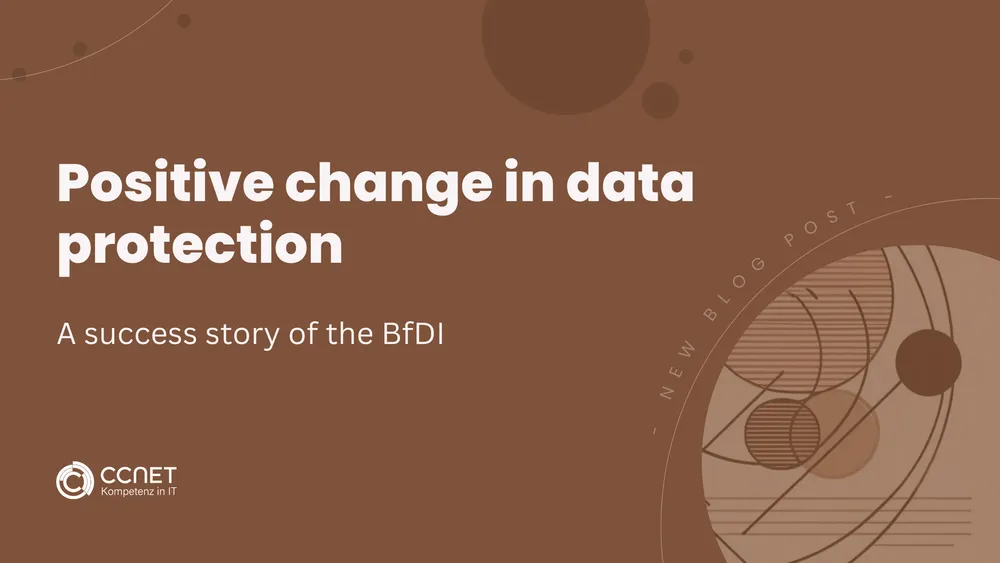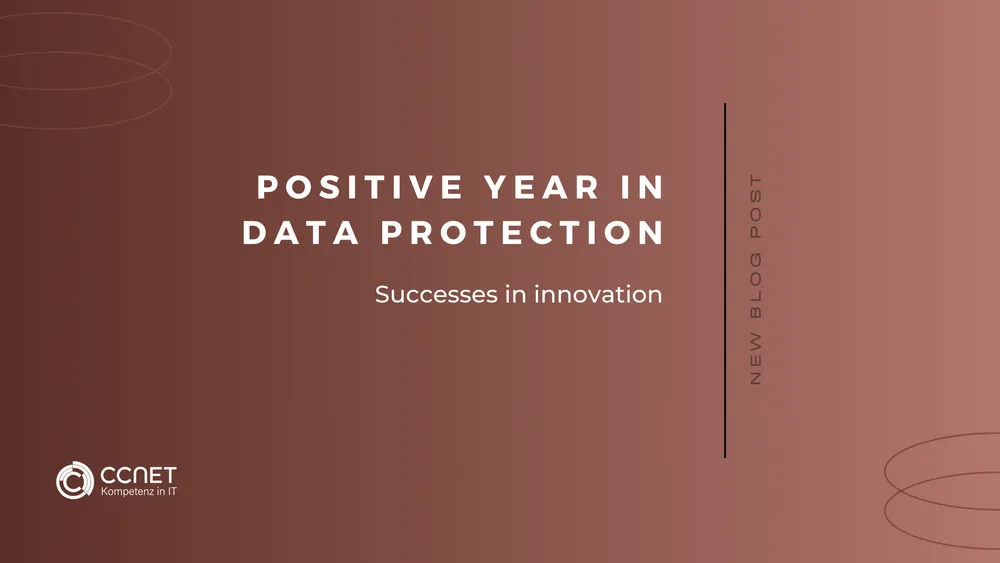
CCNet
Oct 7, 2024 • 2 min read

Security vs. Datenschutz: Finding a Balance in Legislation
The constant evolution of digitalization brings with it the urgent need to balance security and privacy. The modernization of the Federal Police Act and the introduction of new regulations to combat financial crime are examples of legislative initiatives aimed at protecting our society. However, they also present the challenge of not undermining citizens' privacy. A key Datenschutz issue in this context is finding the right balance between security measures and the protection of personal data.
The Complex Balance Between Security and Privacy
Recent legislative developments point to an increasing need to implement measures that serve both the security of society and the protection of privacy and individual freedoms. This is not an easy task, as security measures often require invasive data processing practices that can potentially compromise individuals' privacy.
The Role of Balanced Legislation
Balanced legislation that supports both goals is therefore essential. The aim is to create a solid legal foundation that enables robust security measures while preserving privacy as an inalienable right. This requires a careful weighing of interests and transparent communication about the necessity and scope of data collection and processing for security purposes.
Suggestions for Improving the Balance
Measures to improve the balance between security and privacy could include increasing the transparency of data processing and giving citizens more control over their personal data. Additionally, the introduction of stricter controls and audits of security measures, including the establishment of independent oversight bodies, could help build public trust in how their data is used for security purposes.
The Need for Continuous Adaptation
The debate over the right balance between security and privacy is complex and requires continuous adaptation to new technologies and threat scenarios. However, through open discussion and consideration of different perspectives, we can find ways to ensure the security of our society without sacrificing the privacy and freedoms we seek to protect.
Perspectives and Outlook
Current legislation has already taken steps to balance security and privacy. However, there is always room for improvement and adaptation to keep pace with the constantly changing challenges and technologies. Ongoing discussion and collaboration are crucial to creating a balanced and effective legal framework that protects both the security and privacy of citizens.
FAQs on the BfDI and data protection
What is the Central Contact Point (ZASt) for data protection?
The ZASt is a coordination center that facilitates the flow of information between German data protection authorities and their European partners and supports the implementation of the GDPR.
What role does the ZASt play in the European data protection landscape?
It acts as a central link between Germany and Europe, promotes cooperation, and ensures the uniform application of data protection requirements across national borders.
Why is the ZASt unique in Europe?
Because it simplifies communication with German data protection authorities—even without knowledge of their federal jurisdiction structure—and acts neutrally and independently.
How does the ZASt contribute to the harmonization of data protection?
By coordinating cross-border cases, participating in legislation, and providing training on the use of the Internal Market Information System (IMI).
Why is the organizational separation of the ZASt important?
It prevents conflicts of interest and ensures equal treatment of all German data protection supervisory authorities in the EU context.
How does the work of the ZASt benefit citizens?
It effectively protects personal data in cross-border transactions and strengthens trust in the digital economy and data protection in the EU.
How does the ZASt support the implementation of the GDPR?
By providing a central platform for coordination, training, and consistent decision-making—especially in cases with EU-wide implications.
Why is the ZASt a role model for other regions?
It shows how coordination, commitment, and common standards can lead to effective data protection—even beyond national borders.


